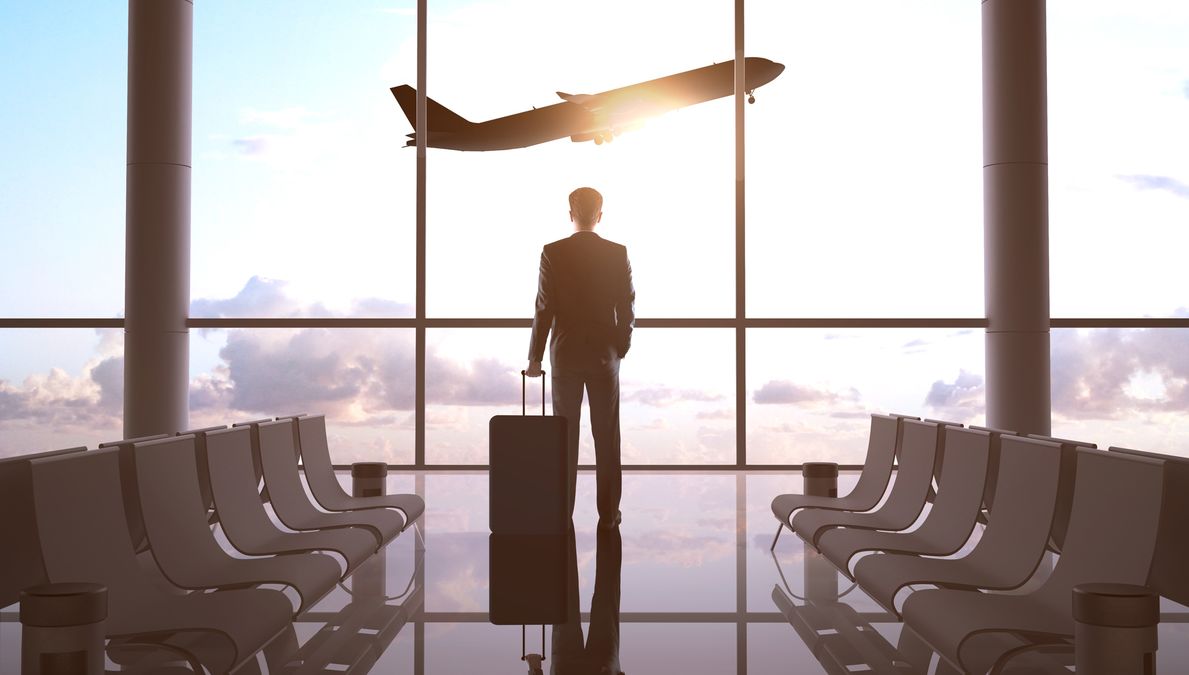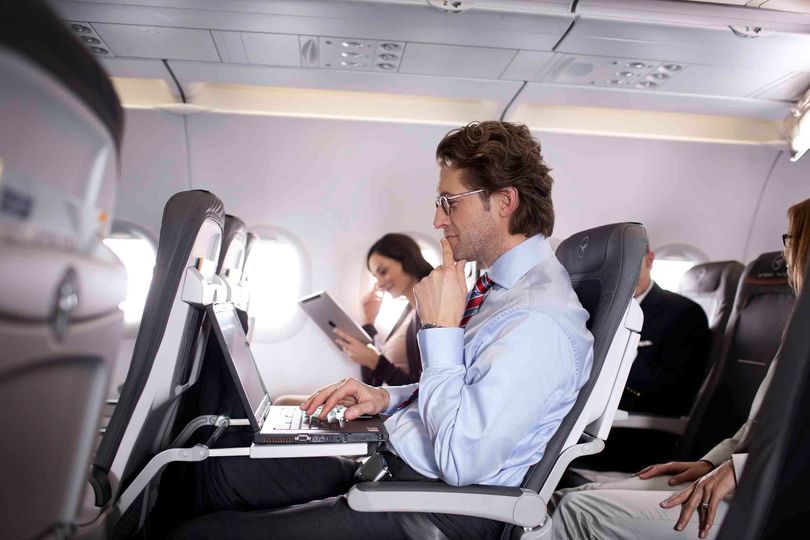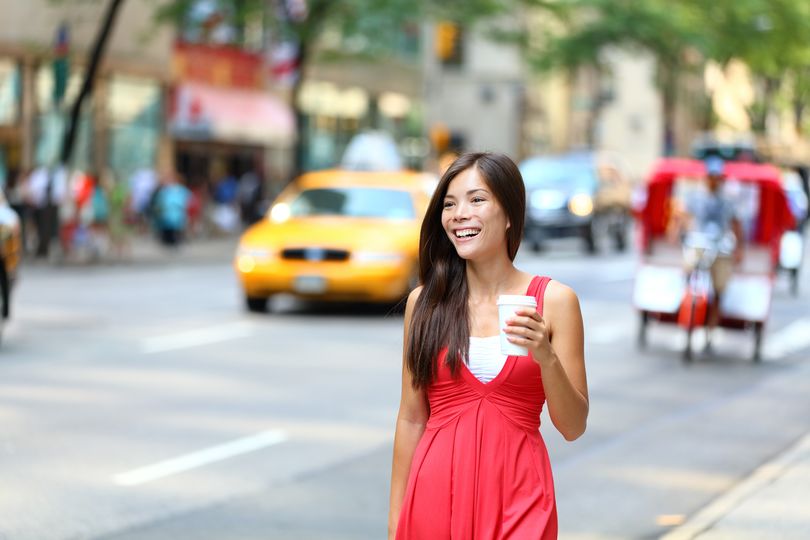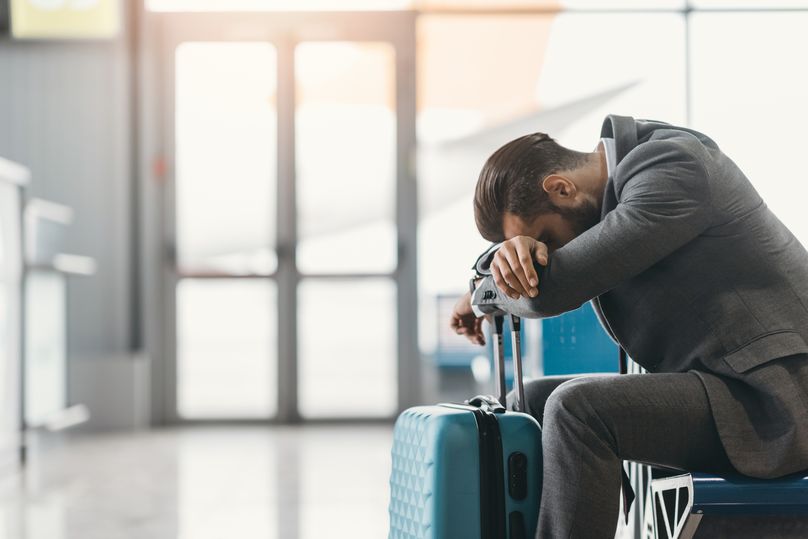What science says about common jet lag cures
We all have our set of 'go-to' jet lag busters, but which ones really work?

First we thought 17- and 18-hour flights on carriers such as Singapore Airlines, Qatar, Qantas and Emirates were extreme. Now Qantas is testing 19-hour flights from Australia’s east coast to London and New York. The aircraft can manage it, but what about the passengers?
If you’re a frequent long-haul flyer you’ll be familiar with the costs of jet lag. It disrupts your whole body, producing indigestion, hormonal changes, irritability, poorer performance, dehydration and fatigue.
So after a long flight you don’t want to waste your diminished energy on remedies that might not work. Here’s what the science says about these popular jet lag cures.
Exposure to light resets your clock
True. In fact, the highly regarded journal Nature lists light at the very top of your arsenal against jet lag. A 2013 analysis concluded: “Most research suggests that light exposure is by far the most important determinant of rhythms driven by the suprachiasmatic nucleus [your brain’s central timekeeper].”
So yes, this is your official reminder to get out in the sunshine at times you’re meant to be awake.
As well as shifting your circadian rhythm or internal clock, it also brings immediate benefits. Daylight will help you think more clearly and feel better during the day, and also sleep better that night.
The colour of the light is important
True. Modern worries about our exposure to blue light at night are not just a fad. Your body’s light sensors, which influence the timing of your circadian rhythm, are most sensitive to blue light. In contrast, red light is less likely to muck around with your internal sense of time.
Newer lights like compact fluorescent lightbulbs and LEDs emit more blue light than other fittings. Consider packing a red or orange night light. Switch it on, and the hotel lights off, for two to three hours before bed.
In the evenings, aim to minimise time in front of digital screens (TVs, laptops, smart phones and tablets). Or at very least, use the device’s night setting, which creates a warmer-coloured screen. You can even buy blue-blocking glasses, which have orange lenses.
Light on the back of your knees resets your body clock
False. Exciting research in 1998 suggested light on the back of your knees also affects your sleep-wake cycles. Don’t bother walking around outdoors with your trousers rolled up – these findings have been well and truly debunked.
You should retrain your body clock before you go
Sometimes true. For longer stays of three days or more, prestigious medical journal The Lancetrecommends you switch to the new time zone.
You can start adjusting your schedule beforehand (with the guidance of an app). During the flight, plan your eating and snoozing times accordingly. For shorter visits,stay on home time. You’ll simply do your best to sleep and work at the times you would at home.

Melatonin will make you nod off
True, but you should probably get a prescription.
In 2002, a rigorous Cochrane review of the research to date found melatonin can be useful for treating jet lag. If you’re crossing five or more time zones, taking 0.5 to 3 milligrams two hours before your desired bedtime can help signal your body that it’s time to sleep.
But be wary if you buy melatonin online. A 2017 Canadian study found huge variability in the quality and purity of over-the-counter melatonin. Shockingly, the content varied from about 80 per cent less to 480 per cent more than what the label said. Melatonin isn’t sold over the counter in Canada any more. Likewise, you’ll need a prescription to buy it from pharmacies in the UK and Australia.
Jet lag is the main reason you’re so tired
Not necessarily. Messing with your body clock certainly does cause fatigue. But it’s hard to separate jet lag from the other reasons you feel lousy after long flights. Don’t forget garden-variety sleep deprivation, as well as the dehydration, low air pressure and reduced oxygen on board.
Even before you take off, you might be suffering ill effects of chronic “social jet lag” from home. For example, when night owls have 7am meetings then doze to noon on the weekend, it interferes with their natural sleep and wake times. Healthy sleep habits at home help you avoid bringing a pre-existing sleep debt when you travel.
A hot bath helps you sleep
True. Sleep comes with a slight drop in body temperature. About two or three hours before bed, you can try using exercise, a hot bath (rather than a shower), or the sauna to raise your body temperature. Then ensure your room is relatively cool – between 15C and 19C – to facilitate the drop in body temperature.
Also read: Seven expert tips for getting into the inflight work zone



Qantas - Qantas Frequent Flyer P1
23 Aug 2014
Total posts 148
Melatonin is often used at too low a dose.
Compounding pharmacies in Australia can make up doses of 5mg or 10mg with a script from your doctor which is often more effective
Qantas - Qantas Frequent Flyer
12 Sep 2016
Total posts 3
Just a slight clarification about the colour of the light to cure jet lag: the shade of blue is important. The best light to ameliorate jet lag is a blue green wavelength (around 479 nanometers), and there are products that provide light close to this wavelength. However, a deep blue (indigo) wavelength can be detrimental to vision, causing yellowing of the retina, and is best avoided.
Etihad - Etihad Guest
20 Jun 2019
Total posts 7
I swear by Dreamwater when I'm traveling through the states.
I always pickup 6-10 on my way out. There seem to do the trick for me in regards to sleep on the plane... and also on arrival.
18 Sep 2019
Total posts 1
Yes wm3003, I got some Re-Timer glasses after reading about the Socceroos using them a few year ago before the World Cup. I do avoid wearing them on the plane (feel a bit of a dick) however after my last London / Sydney (dreaded east) flight with just using them first thing in the morning, I was good as gold after a few days. It does help getting 6+ hours sleeping flat however similar results after a trip in the back of the bus as well.
I also use them to help manage SAD I get from living in the light deprived Northern Europe.
Another interesting thing I read about light tricking our brain was that if a person experiences light much earlier than 5 a.m. internal time, then the body interprets this as a late sunset rather than an early sunrise, so wearing your sun glasses until lunchtime after QF2 is a good idea.
Qantas - Qantas Frequent Flyer
04 Nov 2011
Total posts 359
Worth noting that you can purchase 10mg melatonin over the counter in the US. I stocked up from a recent trip.
11 Mar 2012
Total posts 315
Mmm, 3 weeks in North America (East Coast) coming up. Not sure I can "pre-switch" for the 12 hour time difference! :-)
Good article though. Thanks.
10 Dec 2018
Total posts 40
Well, well. Nothing about the old "travel East/travel West" myths. Must be just that then ... myths (??). And it doesn't matter a toss whether you travel to the "other side" of the planet instantly, in 19 hours or the current 23 (odd) hours with one transfer ... the "other side" of the planet is still the other side of the planet and the day/night/day cycles are exactly opposite those we experience at your place or mine ... so the only thing that's different on a direct flight as opposed to a broken flight is the likelihood of deep vein thrombosis.
Hi Guest, join in the discussion on What science says about common jet lag cures